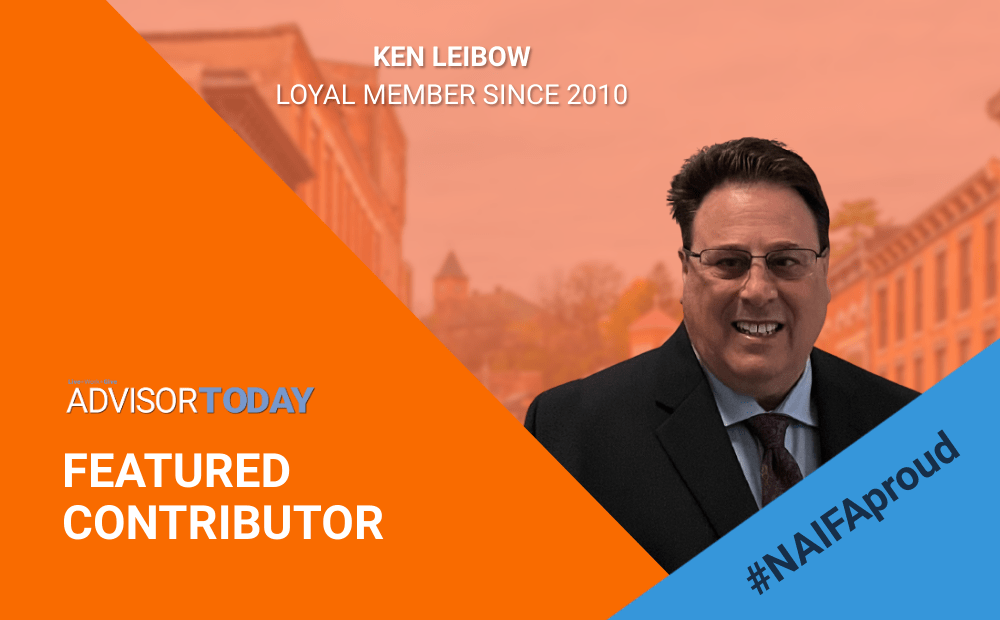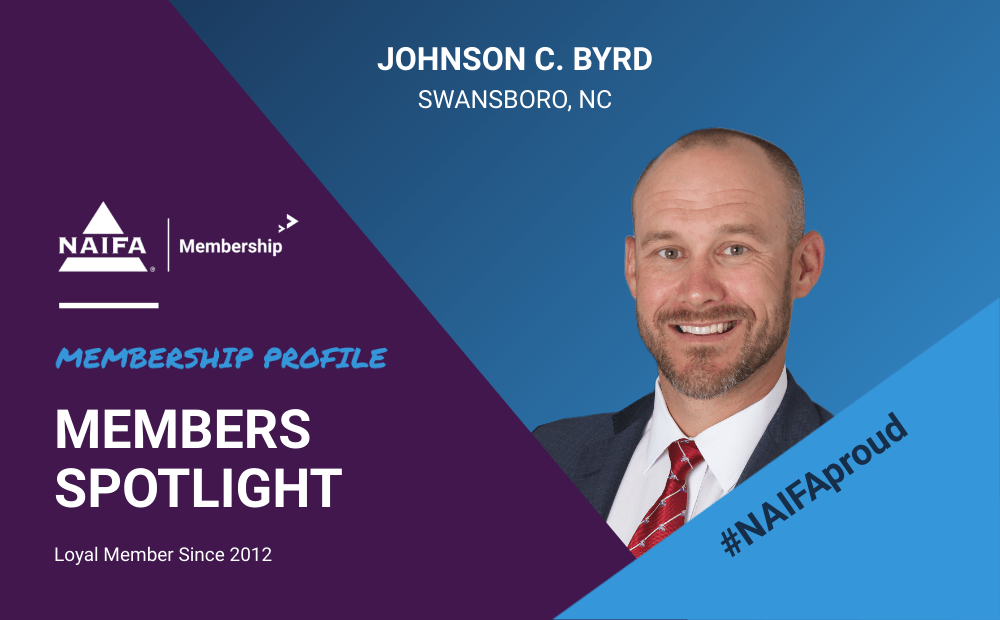Washington State’s “Washington Cares Fund” (WCF) imposes an uncapped 0.58% employee-paid payroll tax ($580 per $100,000 earned) to fund a $36,500 lifetime pool (intended to inflate, beginning in 2027, according to WA’s consumer price index) for long-term care received in WA by vested employees. A claimant must require help with at least 3 activities of daily living (11 ADLs are listed on WCF’s website).
Signed in 2019, WCF let people purchase private long-term care insurance (LTCi) by November 1, 2021, to be exempt from the tax permanently. Approximately 1/8 of WA’s employed population did so.
I interviewed Claude Thau, (BackNine Insurance; 913-707-8863, claude@back9ins.com) for his insight into WCF’s repercussions on LTCi.
When we spoke in August, Claude was aware of activity in California, Minnesota, New York, and Pennsylvania to implement WCF variations that significantly over-tax high-earners to provide LTCi for less-affluent people. None are likely to cover more than 3-6 months of a nursing home private room.
Claude explained several persuasive reasons why he expects each program to permit exemptions for people with private insurance. However, to avoid the flood of sales that weakened WCF, he expects that qualifying private LTCi will have to be purchased prior to the bill’s signature or by January 1 of the year the bill is signed.
Brokers who educate clients will see increased LTCi sales, albeit nothing like WA’s experience. That pricked my attention because I focus on technology to make insurance sales easier, faster, and more accurate.
Claude agreed that technological solutions are critical in general, and particularly under these circumstances. His agency’s (BackNine Insurance’s) outstanding “Quote & Apply” (Q&A) system has been successfully used for life insurance for years and recently added LTCi products. Q&A makes it easy for an advisor to walk a client through an LTCi sale. (For life insurance, clients can do it entirely by themselves!)
One of the beauties of Q&A is that clients can upload medical records, avoiding delays caused by insurers not ordering medical records until they’ve determined that the applicant seems insurable; medical practices demanding a “special authorization”; waiting until monthly visits to the medical practice of vendors who copy medical records; repeat requests because only partial records were sent; and chain requests (initially the primary doctor, then the cardiologist). Uploading medical records reduces hassle and saves much time, contributing to a superior client experience. A superior client experience translates directly into a superior advisor experience.
BackNine’s expertise regarding state LTCi programs and LTCi, in general, enables them to develop tools and methods that help advisors educate clients effectively.
Returning to WCF’s repercussions, Claude envisions LTCi sales in WA being dampened for many years by the flood of 2021 WA sales (“the cupboard is bare”), by confusion, and because residents will believe they don’t need to supplement WCF. Brokers selling LTCi will have to work harder and accept more liability exposure while closing fewer cases and seeing less average commissionable first-year premium per case. Thau expects those complexities to shift future WA sales toward combination products.
As more states create such programs, the LTCi industry might be stymied more. Will insurers want to complement state programs that vary by jurisdiction? Will financial advisors consider such complexity worth their effort? Will employers and employee benefits advisors consider LTCi programs that vary by employee resident state? What happens to individuals who move from one state to another? Will inconsistencies increase pressure for a uniform national program? Will consumers, employers, advisors, and insurers sit on the sidelines in a turbulent market with a questionable future?
Thau and I have no crystal ball to predict the future. It will be interesting to see what happens. Read the case study here.
Ken Leibow is the Founder and CEO of InsurTech Express and a regular contributor to NAIFA's Advisor Today blog.









.png?width=300&height=600&name=Tax%20Talk%20Graphic%20-%20email%20tower%20(300%20x%20600%20px).png)
